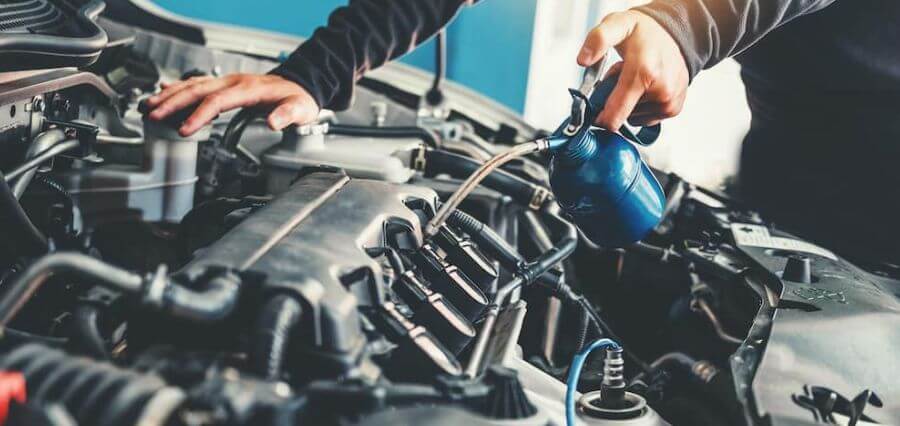Jeep vehicles have become the go-to vehicle of choice for off-roaders and adventurers alike. With their off-road capabilities, classic style, and ruggedness, they can take you anywhere you want to go. But, just like any vehicle, they require regular maintenance and repairs to keep them running in tip-top shape. Regular maintenance and repair can help prevent major issues from arising and ensure optimal performance for your Jeep. It’s important to get your Jeep serviced regularly by the professionals like Emiratesmoto.ae to protect it from wear and tear, as well as to keep it running as efficiently as possible. Jeep service also includes inspecting the vehicle for any signs of wear or damage and can help to identify any potential problems that can be addressed before they become major issues. Knowing when and how to maintain and repair your Jeep is essential for ensuring you get the most out of your vehicle.
Maintenance
Proper maintenance is the key to keeping your Jeep running at its best. Here are some essential maintenance tasks that should be performed regularly:
Oil Changes: Changing your oil regularly is one of the most important things you can do for your Jeep. The manufacturer’s recommended oil change interval should be followed closely.
Fluid Checks: All of your Jeep’s vital fluids should be checked regularly. This includes engine oil, transmission fluid, coolant, brake fluid, and power steering fluid.
Tire Pressure: Tire pressure should be checked regularly and kept at the recommended level. This will help maximize your Jeep’s fuel efficiency and ensure a smooth ride.
Inspections: Every month, you should inspect your Jeep for any signs of wear or damage. This includes checking for worn tires, loose bolts, and any other signs of wear.
Repairs
No matter how well you maintain your Jeep, repairs will eventually be necessary. Here are some of the most common repairs that Jeep owners face:
Engine: The engine is the most important part of any vehicle, and this is especially true of Jeeps. Common engine problems include engine misfires, fuel injector problems, and worn spark plugs.
Brakes: Brakes are essential for safe driving, so they should be inspected regularly. Common brake problems include worn brake pads, warped rotors, and leaking brake fluid.
Suspension: The suspension is responsible for providing a comfortable ride and ensuring proper handling. Common suspension problems include worn shocks, worn struts, and sagging springs.
Transmission: The transmission is responsible for transferring power from the engine to the wheels. Common transmission problems include leaking fluid, slipping gears, and shuddering when shifting.
Electrical: Electrical problems are common in Jeeps, especially older models. Common electrical problems include faulty sensors, corroded wiring, and dead batteries.
Conclusion
Maintaining and repairing your Jeep is essential for getting the most out of your vehicle. Following the manufacturer’s recommended maintenance schedule and being vigilant for any signs of wear or damage can help keep your Jeep running in top condition. In the event of repairs, it’s important to have the problem diagnosed and repaired by a qualified technician. With the right care and maintenance, your Jeep will be ready to take you wherever you want to go.


